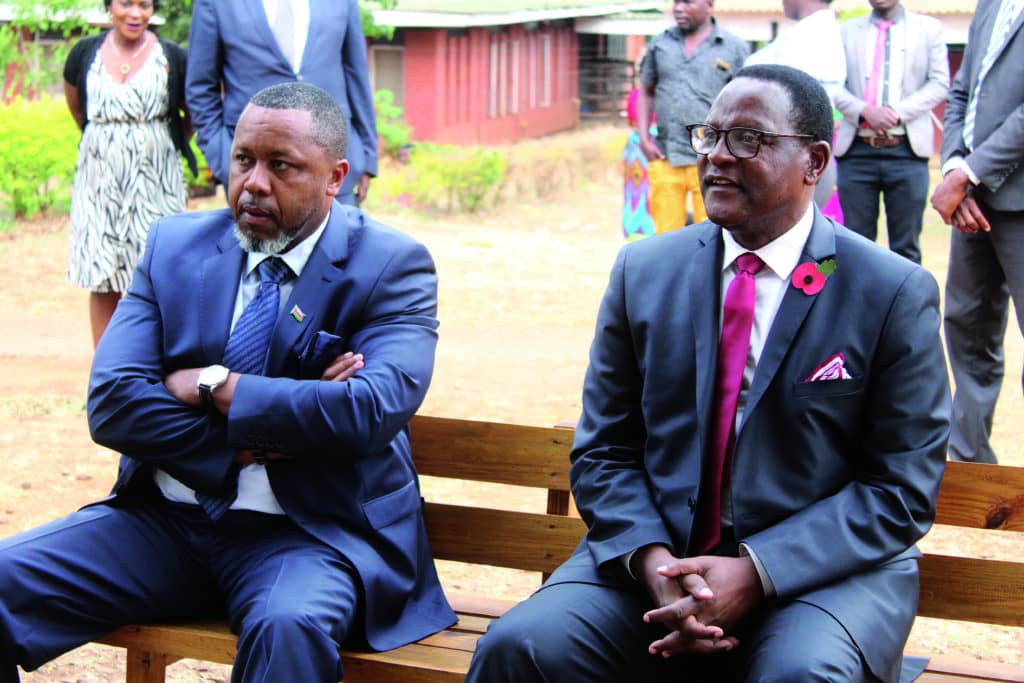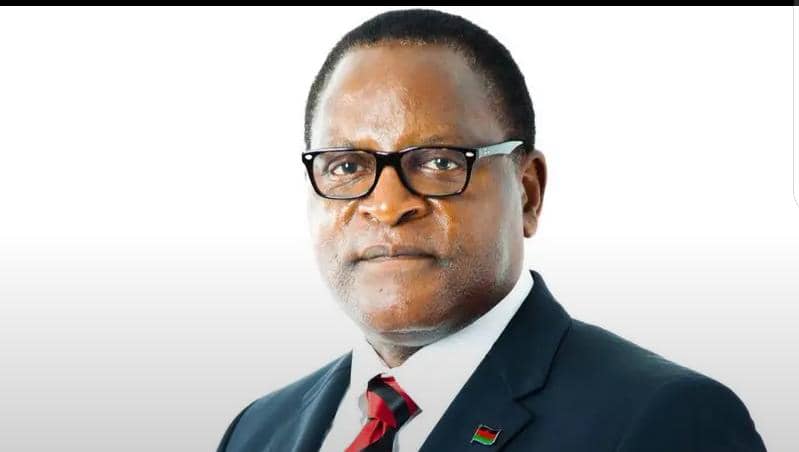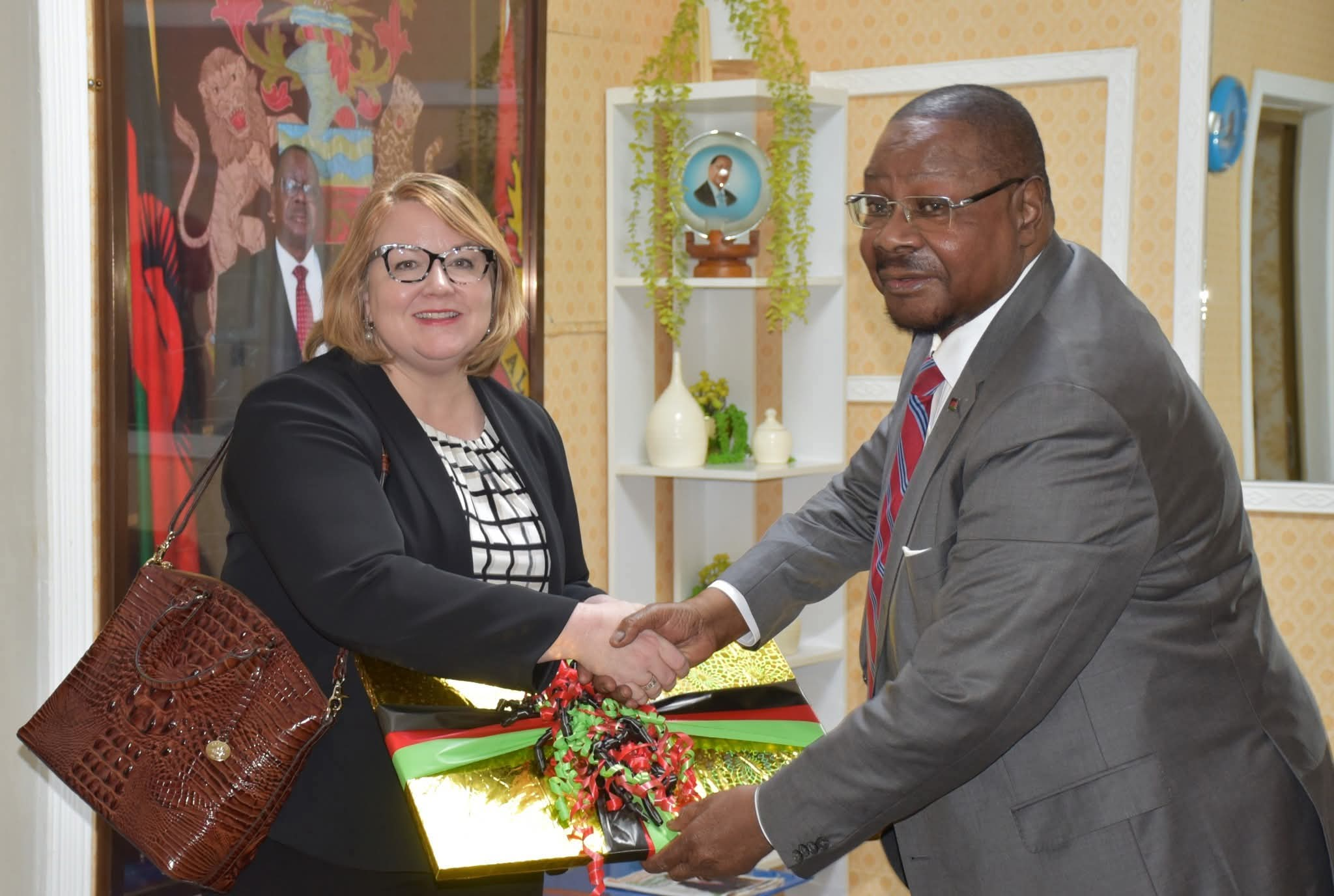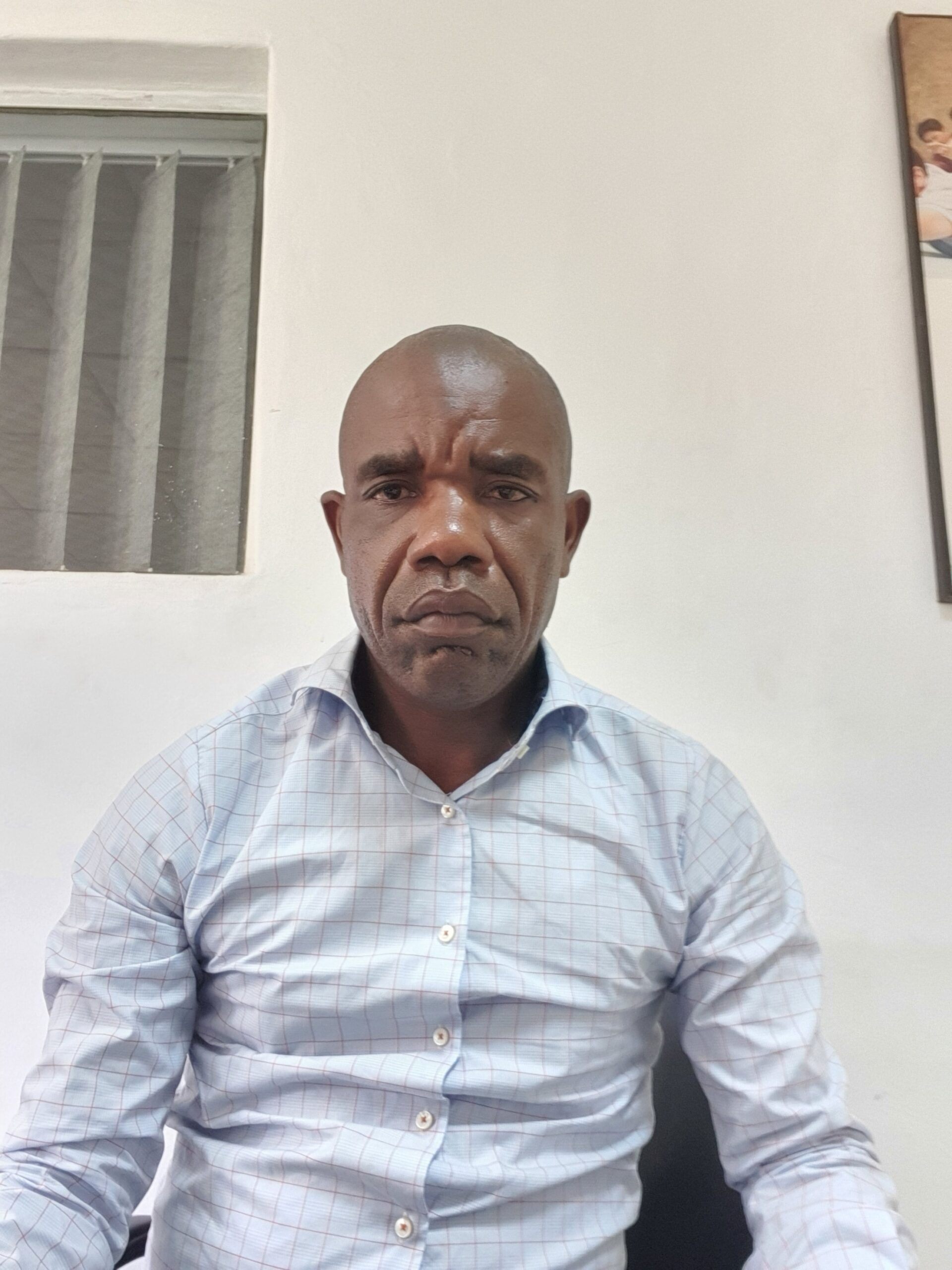By Burnett Munthali
In any democracy, the legitimacy of elections depends not only on the outcome but also on the credibility of the process that delivers that outcome.
When that process is contested, the judiciary becomes the ultimate arbiter, tasked with safeguarding the rule of law and upholding democratic norms.Chakwera Commissions National Cancer Centre: A ‘Game Changer’ in Malawi’s Fight Against Cancer
Malawi’s 2020 presidential election re-run, following the nullification of the 2019 results, stands as one of the most significant judicial interventions in African electoral history.
The events leading to the 2020 re-run were triggered by widespread allegations of irregularities in the 2019 election, where incumbent President Peter Mutharika was declared the winner with 38.57% of the vote.
Opposition candidates Lazarus Chakwera of the Malawi Congress Party and Saulos Chilima of the UTM Party contested the results, citing ballot tampering, use of correction fluid (Tippex), and lack of transparency in the tallying process.
The case was brought before the High Court of Malawi, sitting as the Constitutional Court, and became known as the Presidential Election Case No. 1 of 2019.
Over several months, the court heard evidence from all sides, in a process that was lauded for its transparency, professionalism, and judicial independence.
On 3rd February 2020, the Constitutional Court delivered a historic 500-page ruling nullifying the 2019 presidential election due to “widespread, systematic and grave irregularities.”
It was the first time in Malawi’s history and only the second time in Africa (after Kenya in 2017) that a presidential election was annulled by a court of law.
The court ordered fresh elections to be held within 150 days, under the supervision of a reconstituted Malawi Electoral Commission (MEC).
This decision restored public confidence in the electoral process and reaffirmed the judiciary as a cornerstone of democratic governance.
Importantly, the court emphasized the constitutional principle of majority rule, interpreting the term “majority” in Section 80(2) of the Constitution to mean more than 50% of the votes, not simply a plurality.
This interpretation effectively transformed Malawi’s electoral framework from a first-past-the-post system to an absolute majority system, significantly raising the threshold for presidential victory.
The ruling also led to significant reforms in the legal and institutional setup of future elections.
A new Chairperson of MEC, Justice Dr. Chifundo Kachale, was appointed, and a new set of commissioners took over the organization of the 2020 presidential re-run.
The electoral process was widely viewed as credible, transparent, and peaceful, culminating in the victory of the Tonse Alliance’s Lazarus Chakwera with 58.57% of the vote.
This peaceful transition of power, enforced by a court ruling, became a symbol of Malawi’s democratic resilience and inspired international acclaim.
The 2020 case set a precedent not only in Malawi but across Africa, where judicial independence in electoral matters is often questioned.
International observers such as the African Union, European Union, and Commonwealth praised the court’s role, noting that the judiciary had become an essential buffer against executive overreach and electoral malpractice.
However, the role of the courts in electoral disputes is not without risks.
Judges were subjected to threats and public pressure, and the judiciary required significant institutional fortitude to remain impartial and protect its independence.
The case also revealed gaps in Malawi’s electoral laws, particularly around voter registration, tallying, and dispute resolution timelines.
While the judiciary performed admirably, it highlighted the urgent need for legislative reforms to prevent future crises.
Looking ahead to the 2025 elections, Malawi must strengthen the legal and institutional safeguards around elections to reduce the likelihood of post-election litigation.
Judicial capacity must be supported, not only in terms of funding and training but also in protecting judges from political intimidation.
The public must continue to see the courts not as tools of political players but as impartial guardians of constitutional order.
Malawi’s experience in 2020 proves that courts can play a transformative role in contested elections.
They can correct injustices, enforce constitutional principles, and ensure that power is truly derived from the will of the people.
In conclusion, the judiciary’s courage and integrity during the 2020 election crisis should be preserved and institutionalized.
As the 2025 elections approach, the lessons from 2020 remind us that the rule of law is not a slogan—it is the foundation upon which all credible democracies stand.
And in that foundation, the courts must always remain unshaken.




